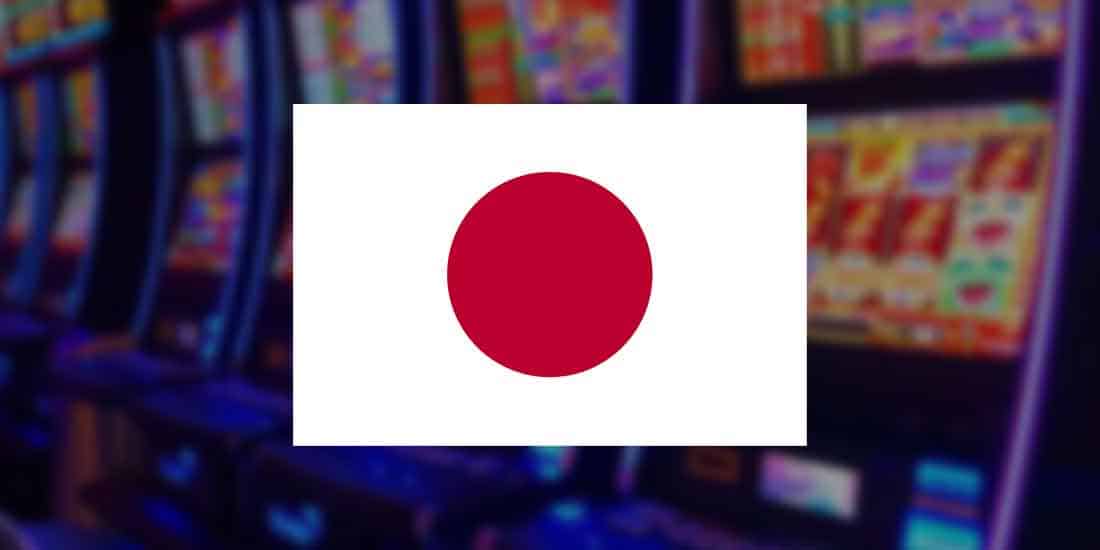In 2018, Japan legalized certain forms of gambling after a long absence from the legal gaming market. MGM has now entered into a partnership with Japan-based Onyx Group to erect a hotel casino resort in Osaka, with ground-breaking expected soon.
This massive gaming complex is expected to be completed in 2029 and will also include a shopping mall, restaurants, and other non-betting-related businesses.
Games that will be allowed are as follows:
- Baccarat
- Blackjack
- Craps
- Casino War
- Poker
- Pai Gow
- Roulette
- Sic Bo
Tourism is the rationale given for the gambling resort, which is expected to bring in 1 trillion yen in revenue each year. They’ll need that type of return, as the structure is expected to cost in excess of 1.8 trillion yen.
Those projections rise considerably when including two future casinos that Japan is planning to build.
A casino would have likely been constructed sooner in Japan if not for the onset of COVID-19 in 2020. There was also political turmoil that delayed proceedings after an official in charge of casino policy was accused of accepting bribes.
With Japan being the third-largest economy on the planet and possessing a tourism industry that is skyrocketing, the casino is expected to draw many of those wealthy visitors to the city of Osaka.
While tourists may be enthusiastic about casinos, locals don’t seem to share that mindset. Only 45% of local poll responders were in favor of building a casino in Osaka.
The luxury venue will be constructed on Yumeshima, a man-made island. The casino is expected to create 15,000 jobs.
The opposition to casino gambling in Japan is largely based on the country’s historic addiction to gaming of all types. In US states, problem gambling solutions are put in place at the same time that casinos, poker rooms, or sportsbooks are made legal.
The same is being done in Japan. To take it a step further, Japan has installed a policy of charging gamblers a 6,000 yen fee for every 24 hours they spend in a casino.
In addition, there will be a cap on how many times a player can visit a Japanese casino, but that total has yet to be announced.
Self-exclusion registries where gamblers can voluntarily place themselves on a no-entry list are common, but Japan has added the dimension of allowing family members to make that call.
Unlike the United States, Japan explicitly cracks down on the use of offshore casino sites, only adding to the thirst that area gamblers have for real money games.

